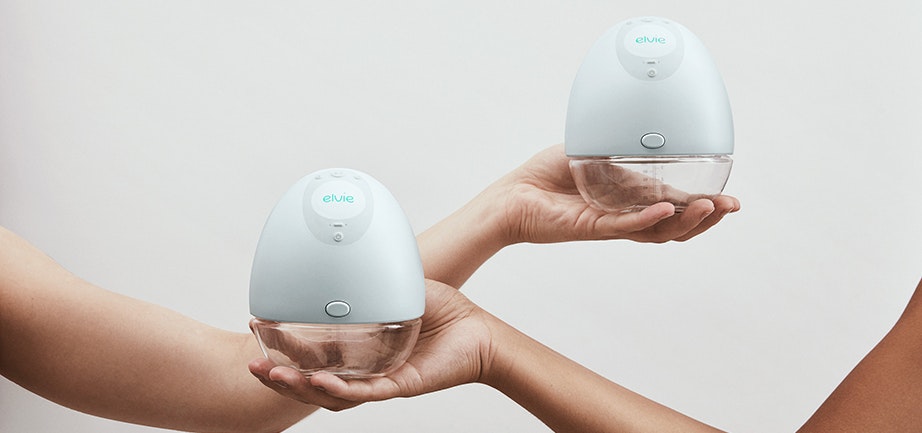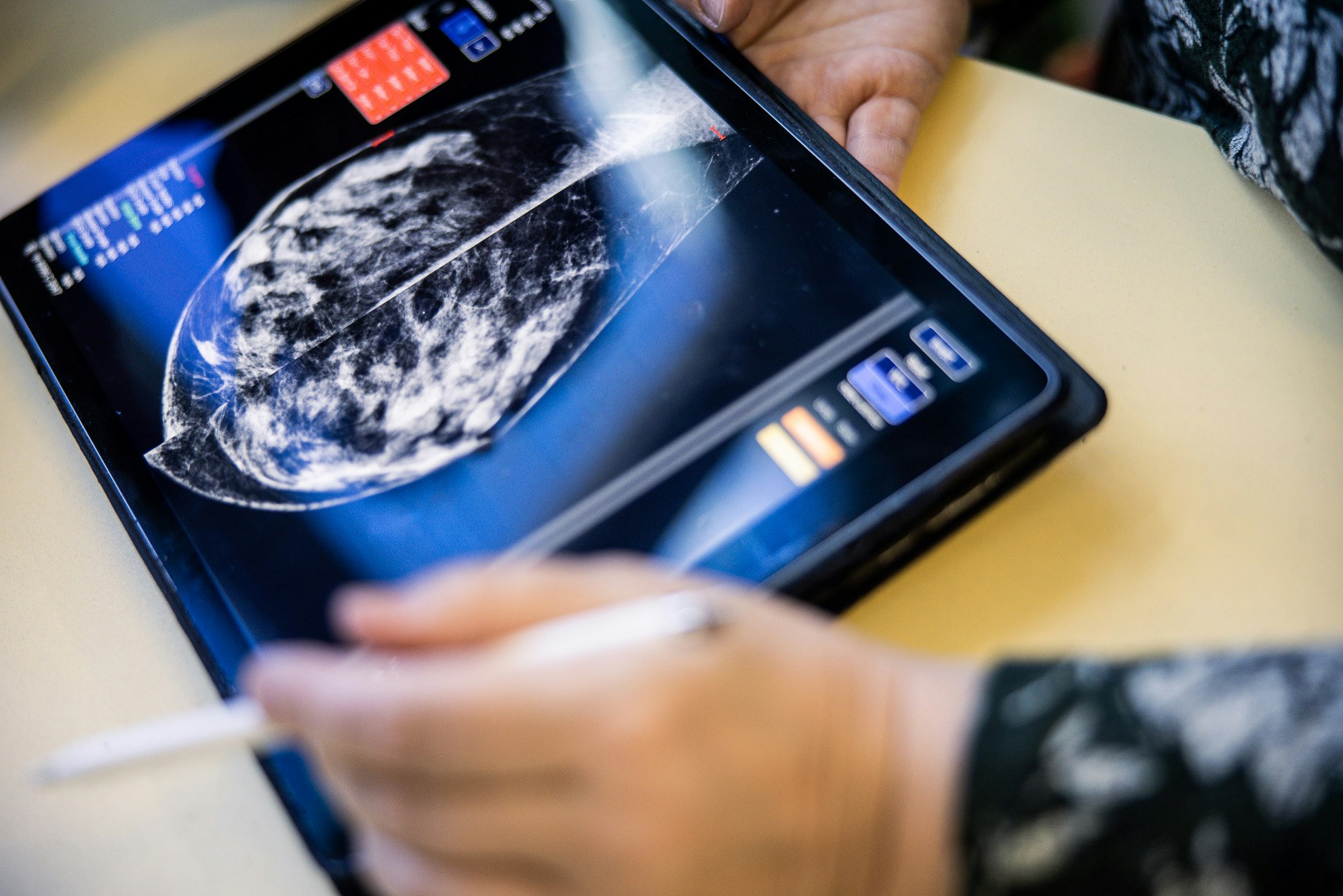Digital healthcare startup Kry, known as Livi in France and in the UK, is showing its resilience. Having raised over $700m in funding, it has managed to turn the ship around and is now profitable in all three of its markets, according to the company.
By focusing on internal efficiency it has, in the last year (since the release of OpenAI’s GPT3.5), introduced generative AI to its processes.
“We are in the sector that will possibly benefit the most from the development of large language models,” Kry cofounder Johannes Schildt says.
Slowly turning away from eight years of losses
With investors changing focus from expansion to profitability, in 2022 the healthtech reorganised its structure – laying off around 400 employees and pulling out of Germany. In other parts of Europe it is still growing.
Kry was founded in 2015 as a digital healthcare provider — allowing users to book digital clinical sessions with doctors as part of the public and private healthcare systems. But when regulation changed in Sweden, which demanded that all private actors that provided digital care also needed to provide physical care centres, Kry followed through. It has around 60 physical care centres in Sweden, three in France and is looking to open up its first in the UK.
While the company’s annual financial review for 2022 won’t be available until July, Kry COO Kalle Conneryd-Lundgren says the operation in Sweden has been profitable since October of 2022, the business in France turned profitable in October 2023 and the UK in January of this year.
“This quick transition to profitability, and to still be growing, wouldn’t have been possible without implementing this technology,” Schildt says.
France has overtaken Sweden as Kry’s biggest market, growing 70% over the past year, with about 100k patient-doctor meetings every month at the current rate, according to Conneryd-Lundgren.
And it’s not just insurance policies from French employers that have driven the growth. The company says insurance companies only stand for about 10% of the operations in the country.
“The reason why we are doing so well in France is because it has the same challenges in care accessibility as in Sweden. In France they call it a medical desert, where very large areas have no or poor access to care,” Schildt says.
70% improvement in EBITDA
In 2022 there were still some revenues that were driven by the pandemic, which helped digital care startups grow as face-to-face doctors’ appointments were harder.
“If we take out the Covid effect, our increase in revenue for 2023 is just short of 20%”, Conneryd-Lundgren says.
Although the operations in each country are profitable, on a group level the company is still in the red. Among other costs, spending on tech development was one of the significant group-level spends.
Company revenues for 2022 were €162m in all markets combined and its EBITDA (earnings before interest, taxes, depreciation and amortisation) was -€109m. For 2023, it has improved by 70% for the group.
“We could be profitable at group level today if we wanted to. We choose not to be, we have enough runway. But we are more disciplined and we still have quite heavy technology investments,” Schildt says.
The GenAI investments
Even if Kry has opened up physical care centres, it is still very much a tech company.
But with 4,000 employees, and for a company operating in primary care, AI has been able to cut admin costs significantly.
“Since GPT 3.5, we have applied a lot of AI. That has meant that in the last year, we have shortened the administrative time around each [patient-doctor] meeting by approximately 30%,” says Conneryd-Lundgren.
At Kry, doctors receive suggestions from GenAI when it comes to diagnosis. It also assists with advising which care agency the patient needs, as well as compiling data and helping with administrative tasks, which gives physicians more time to see patients.
AI has long been used by Kry but it wasn’t until the later versions of GPT were released that it was useful in healthcare.
“For healthcare which has logarithmically more unstructured data and more parameters than there is in, for example, finance, AI models haven't been able to handle it well enough and fast enough before these LLMs,” Conneryd-Lundgren says.


